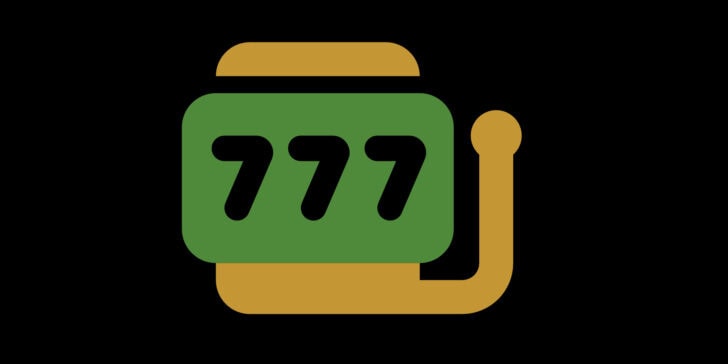A group of plaintiffs has filed a proposed class action lawsuit against sweepstakes casino operator Virtual Gaming Worlds (VGW), alleging the company runs illegal online gambling platforms.

It’s far from the first time VGW has faced private legal action, but this case brings a new twist: the plaintiffs are suing on behalf of their spouses. Could this novel ‘family member’ angle improve their chances of success?
Details on the Case
Five plaintiffs, residents of Montana, Illinois, Kentucky, Ohio, and Tennessee, filed the case in the US District Court for the District of Montana on April 28th. It alleges that VGW’s online platforms (Chumba Casino, LuckyLand Slots, and Global Poker) violated gambling laws by offering games of chance in states where these activities are not allowed.
Plaintiff, John Brown’s spouse, Courtney Brown, is reported to have lost $33,600 between September 2024 and March 2025 on VGW sweeps casinos, with the other four plaintiffs claiming lesser losses.
Sweepstakes casinos function via the dual currency format, allowing them to operate outside of traditional gambling law – instead of betting real money, players wager a virtual currency, often called Sweepstakes Coins, which can usually be redeemed for real money eventually. While this has been proven as technically legal under sweepstakes law time and again, similarities to real money gambling attract plenty of challenges and lawsuits.
The system was, in fact, innovated by VGW and Chumba Casino, beginning in 2012. While VGW operates within the US market, it’s headquartered in Australia and has entities registered in Malta and the US to support its international operations. As the originator and market leader, it’s often named in lawsuits from disgruntled former or current players, attempting to challenge its business model to recover damages for funds they wagered.
Far From the Only Lawsuit Against VGW
Another example of an ongoing case against VGW is Eric A. Knapp v VGW, which transferred to Delaware state in February, a venue that may prove more favorable for the company. And speaking of Delaware, earlier this year, VGW ended operations there following a cease and desist order from the state’s gaming regulator.
It’s not only private cases being brought against sweepstakes companies – there’s also action from state lawmakers and regulators seeking to reshape the legal environment to make it hostile to sweepstakes operators.
For opponents of the model, this regulatory route is seen as the likeliest path to success. Case in point: Montana recently passed a law explicitly outlawing sweepstakes casinos, which is an indicator that, until now, the format hadn’t broken any laws.
Indeed, none of the many private lawsuits brought against sweepstakes operators have yet succeeded in proving the format is illegal. While some have resulted in out-of-court settlements, no judge has definitively ruled against an operator.
The plaintiffs in this latest case seek to represent a class in their respective states, using local anti-gambling laws to try and recover money from VGW’s platforms:
- Montana Code Annotated § 23-5-131
- Illinois Compiled Statutes 720 ILCS 5/28-8
- Kentucky Revised Statutes §§ 372.020 and 372.040
- Ohio Revised Code §§ 3763.02 and 3763.04
- Tennessee Code §§ 29-19-104 and 29-19-105
All of these are loss recovery statutes that may apply to illegal gambling operations, but the challenge remains proving that VGW’s sweepstakes-based model qualifies as such. While the spouse-based filing strategy is a novel twist, VGW is expected to argue that its platforms are legal under sweepstakes law. Ultimately, the plaintiffs face the same uphill battle as those in previous cases.
VGW, as the defendant, is required to respond by May 21st.



